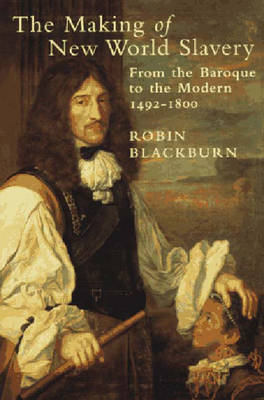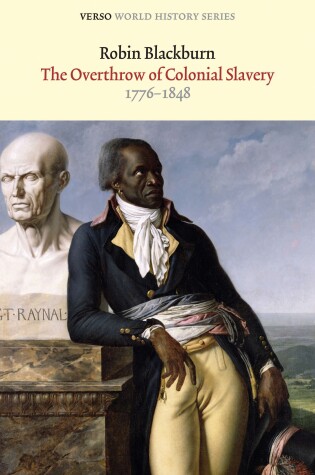Verso World History
2 total works
A companion volume to "The Overthrow of Colonial Slavery", this book traces European doctrines of race and slavery, from medieval times to the early-modern epoch. At the time when European powers colonized the Americas, the institution of slavery had almost disappeared from Europe itself. Having overcome an institution widely regarded as oppressive, why did they sponsor the construction of racial slavery in their new colonies. The book finds in the emergent West both a stigmatization of the ethno-religious "other" and a new culture of consumption, freed from earlier moral restrictions. Robin Blackburn argues that independent commerce, geared to burgeoning consumer markets, was the driving force behind the rise of plantation slavery. The baroque state fed greedily off this commerce whilst unsuccessfully seeking to regulate slavery. Successive chapters consider the deployment of slaves in the colonial possessions of the Portuguese, the Spanish, the Dutch, the English and the French. Robin Blackburn argues that the organization of slave plantations placed the West on a destructive path to modernity and that greatly preferable alternatives were both proposed and rejected.
Finally, he shows that the surge of Atlantic trade, premissed on the killing toil of the plantations, made a decisive contributions to both the Industrial Revolution and the rise of the West.
Finally, he shows that the surge of Atlantic trade, premissed on the killing toil of the plantations, made a decisive contributions to both the Industrial Revolution and the rise of the West.
This series provides attractive new editions of classic works of history, making landmark texts available to a new generation of readers. Covering a timespan stretching from Ancient Greece and Rome to the twentieth century, and with a global geographical range, the series will also include thematic volumes providing insights into such topics as the spread of print cultures and the history of money.

